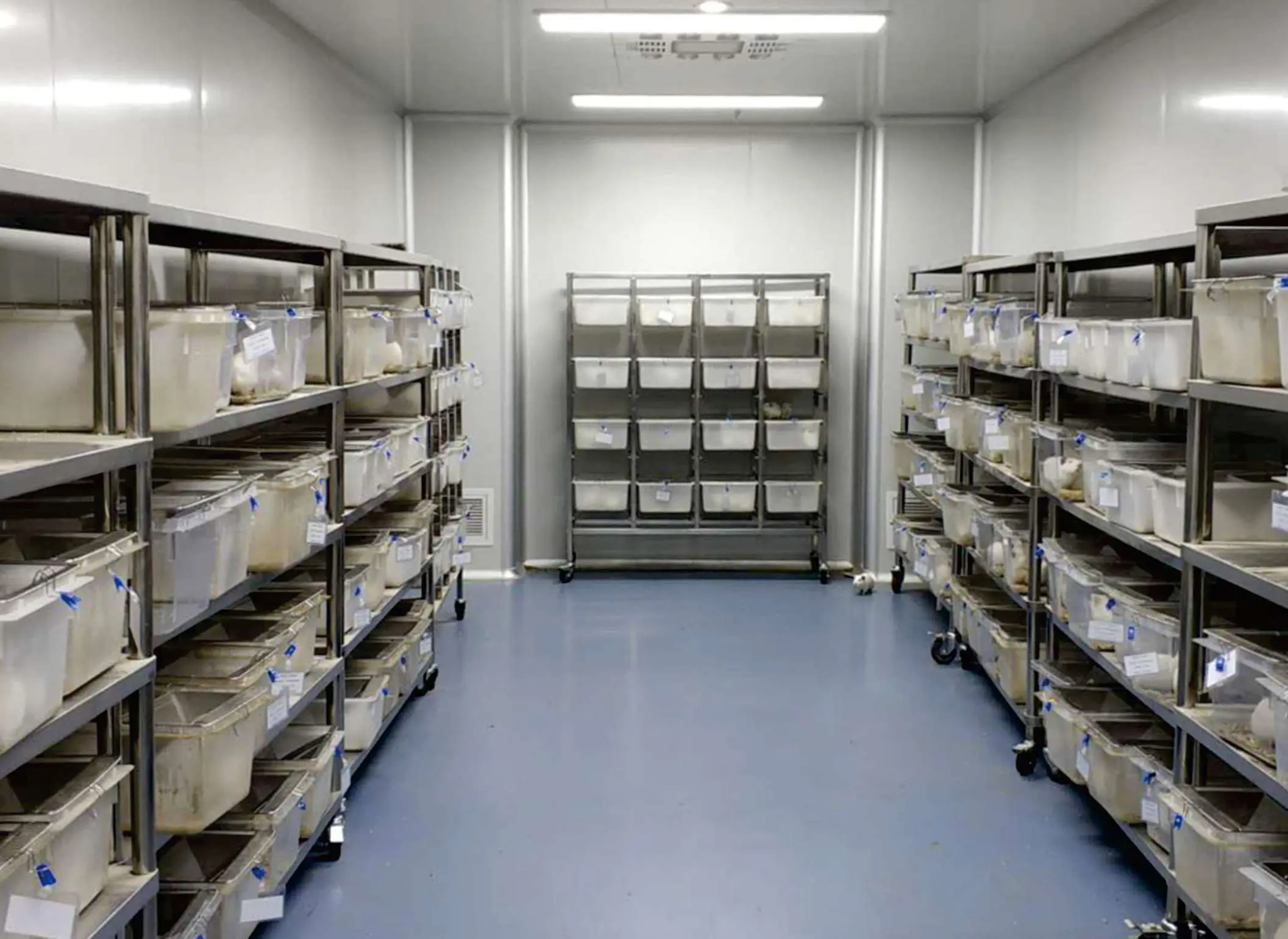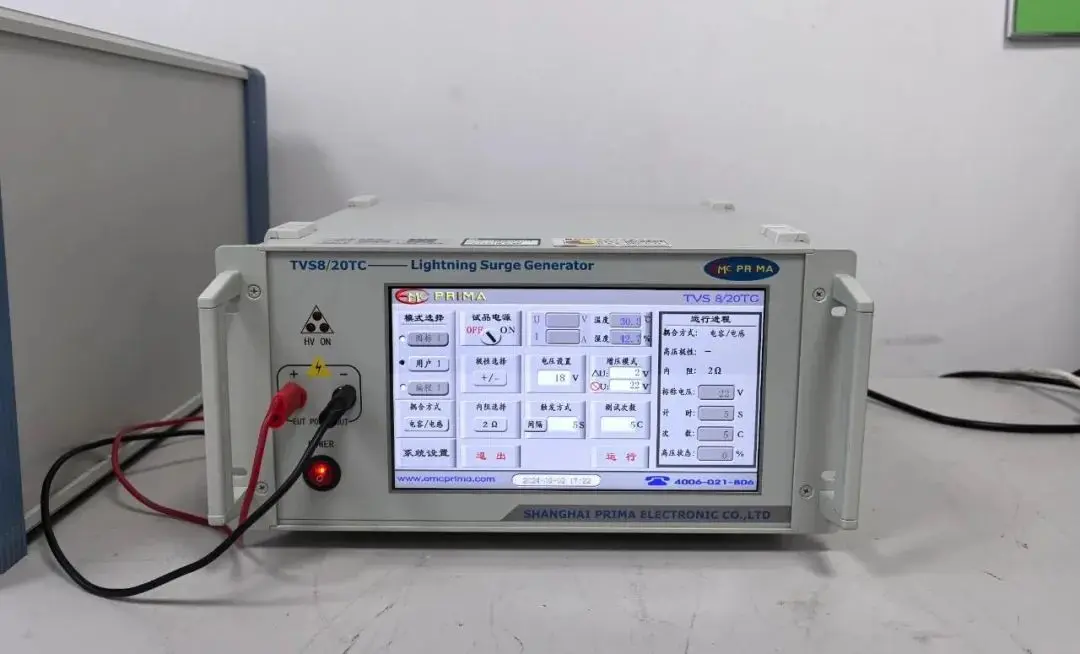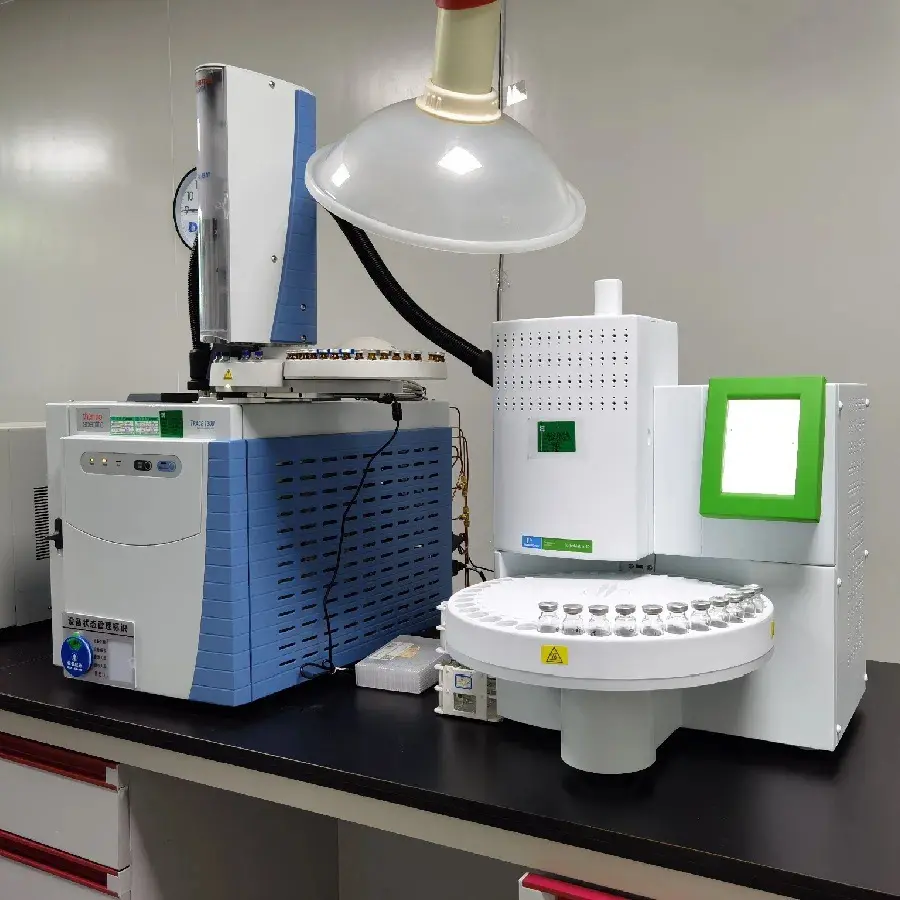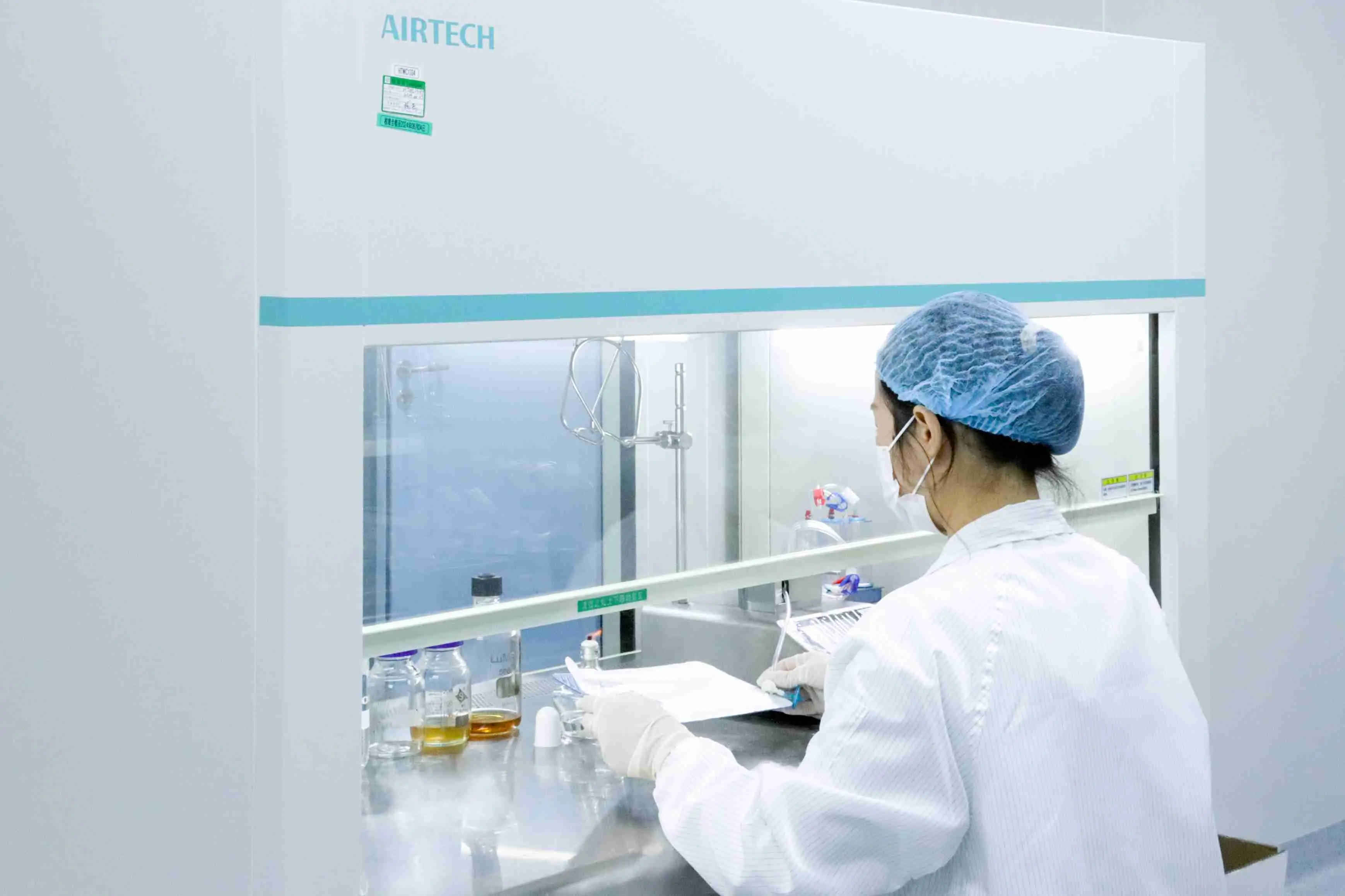
Cytotoxicity Test for Biocompatibility
Cytotoxicity testing refers to the evaluation of the toxic effects of various chemical substances used in the development of medical devices. Some of these substances can have toxic effects in the body. The cytotoxicity test assesses the toxic effects eluted from medical devices as well as cell death and morphological changes caused by the chemicals used as raw materials. It is an essential test for all medical devices.

JJR Laboratory in China is certified by both the China CMA and the US IAS. The laboratory operates strictly according to GLP standards and is recognized by regulatory agencies such as the US FDA, Australia's TGA, and Brazil's ANVISA. It is also an acknowledged partner of international organizations including UL (USA), CSA (Canada), TUV (Germany), SGS (Switzerland), Intertek (UK), BSI (UK), MEDCERT (Germany), and IMQ (Italy). JJR Laboratory offers cytotoxicity test projects according to ISO 10993 and GB 16886 standards. Below is a detailed explanation of the cytotoxicity testing methods.
Colony Formation Assay
Purpose: To evaluate the cytotoxic effects by detecting the colony formation rate in the culture medium extract of the medical device under test.
Cells Used: Chinese hamster V79 strain, mouse L929 strain, mouse BALB/c 3T3 strain
Outline: This is a highly sensitive in vitro test system that can replace the use of animal irritation tests and acute toxicity tests. A colony formation assay is performed with the extract in which the test subject is incubated with a medium of a specific area (weight). As a comparative control, materials with known cytotoxic effects are also tested to infer the in vivo cytotoxic effects. This is an essential test method for medical devices under GLP.
Direct Contact Assay
Purpose: To evaluate cytotoxicity through a colony formation assay on the test subject.
Cells Used: Chinese hamster V79 strain
Outline: The medical device under test is cut to a certain size, immersed in the culture medium, and directly inoculated with cells on top. The colony formation rate is then detected. The cells are more sensitive in this method, allowing for an assessment of toxic effects.
Tissue Culture (TC) Insert Assay
Purpose: To evaluate cytotoxicity through a colony formation test using TC inserts in an incubator containing the test target.
Cells Used: Chinese hamster V79 strain
Outline: This method is used as a supplement when the shape or surface of the test object is not suitable for a direct contact assay. The test object of a certain size is placed in close contact with the bottom of an incubator containing the culture medium, and a TC insert is placed on top. Cells are inoculated onto the insert, and a colony formation test is performed while the cells coexist with the test target.
Elution Test
Purpose: To evaluate cytotoxic effects by treating cultured monolayer cells with the culture medium extract of the medical device under test.
Cells Used: Chinese hamster V79 strain, mouse L929 strain, mouse BALB/c 3T3 strain, human MRC-5 strain
Outline: Similar to the colony formation assay of the culture medium extract, the test medium extract is prepared and applied to subconfluent monolayers. Cultured cells in plates are treated with the extract to check growth rates. The proliferation rate is measured by staining the cells with crystal violet and then using a cell density meter (monocerator) for monolayer cultures.
Direct Contact Test
Purpose: To evaluate cytotoxicity by placing the test target directly in contact with cultured monolayer cells in an incubator.
Outline: The test object is placed on the cultured cells in a monolayer plate at subconfluent levels, and the inhibition of cell proliferation around and beneath the test object is observed to assess cytotoxic effects. Cytotoxic effects are evaluated on a 5-point scale through morphological observation of the cells.
Neutral Red (NR) Test
Purpose: To evaluate the cytotoxic effects of the target chemical.
Cells Used: Mouse BALB/c 3T3 strain
Outline: Taking advantage of the characteristic of live cells to absorb neutral red, BALB/c 3T3 cells cultured in plates are treated with the chemical substance, and then neutral red is extracted to check absorbance. This is a method to evaluate typical cytotoxic effects. It is also used to assess phototoxic effects by treating the chemical substance under light exposure.
Email:hello@jjrlab.com
Write your message here and send it to us
 Amazon UL Standard Test Report
Amazon UL Standard Test Report
 When Can FCC ID Modifications Be Filed?
When Can FCC ID Modifications Be Filed?
 LoRa Certification Testing Laboratory
LoRa Certification Testing Laboratory
 Blood Pressure Monitor Certification Testing Servi
Blood Pressure Monitor Certification Testing Servi
 ECG Device Certification Testing
ECG Device Certification Testing
 Pulse Oximeter Certification and Testing Standards
Pulse Oximeter Certification and Testing Standards
 IVD Medical Device GB 4793:2024 Test Report
IVD Medical Device GB 4793:2024 Test Report
 IECEE CBTL Testing Laboratory for IVD Medical Devi
IECEE CBTL Testing Laboratory for IVD Medical Devi
Leave us a message
24-hour online customer service at any time to respond, so that you worry!




